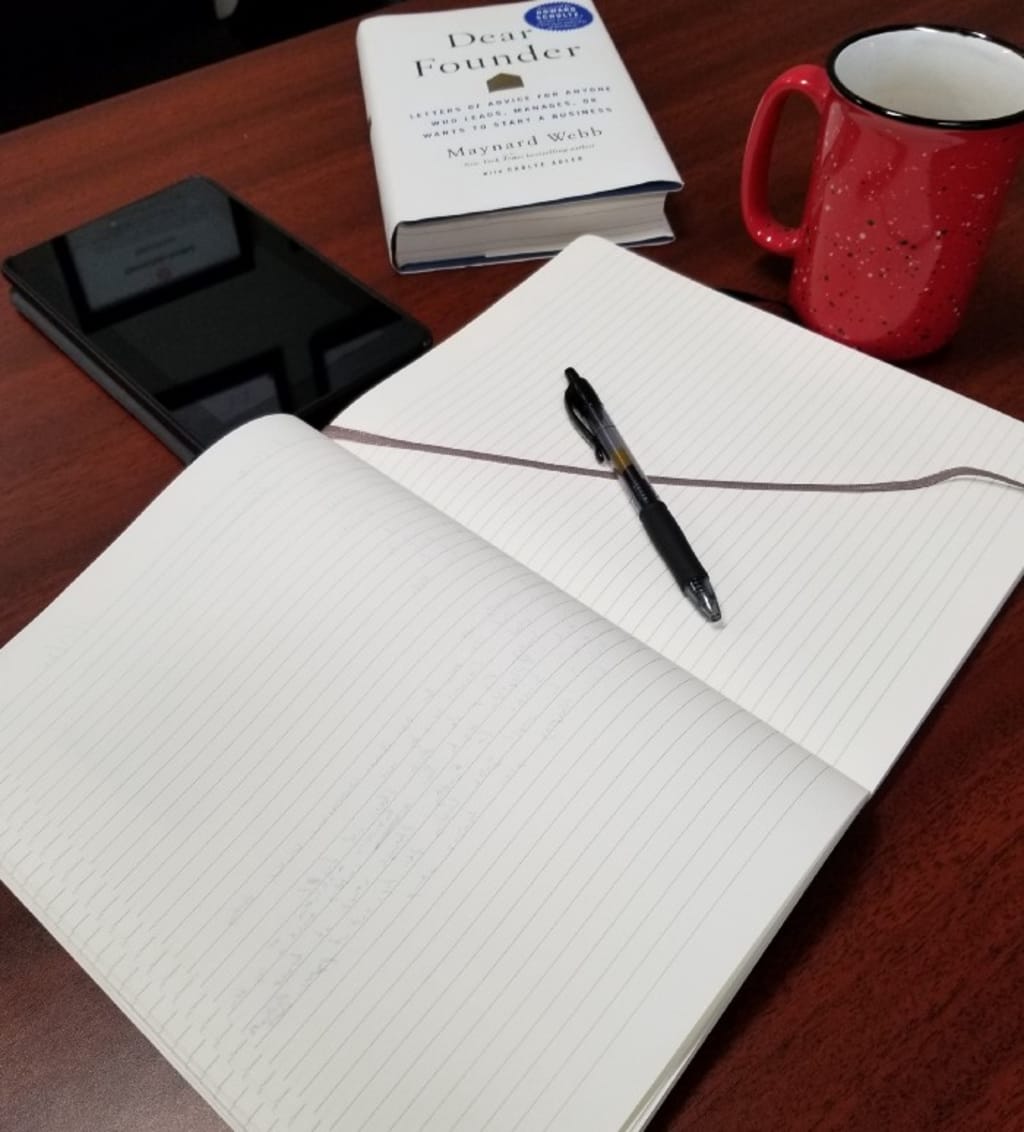
I studied Creative Writing in college. I’ve been writing since then, but only recently began to take it seriously. Of course, the ultimate goal is to make money writing, but that’s not what this article is about. These tips are things that I have been practicing in my writing journey.
Just do it. The simplest piece of advice I wish someone had given me a long time ago. We all struggle with writer’s block and the only way to get past it is to just do it. Just sit down and write. It doesn’t even have to be complete and structured. Just get the ideas on paper.
Write everyday. Sit down and write each day. Writing has to become a habit. I’ve heard people say that they write because they have to.
Read a lot. Read everything you can. Don’t limit it to just books or magazines or blogs. It should be a combination of every written media. You should even read things that you aren’t necessarily interested in and things that conflict with your point of view. This will help make you not only a better writer, but a better debater too when it comes to defending your work.
Don’t worry if it’s not good. Don’t worry if it’s not good, just write. If it’s no good, shelve it, and come back to it later. Remember that most novels go through multiple drafts and the first one probably wasn’t as good as the one you buy and read.
Use writing prompts. Using prompts has been a good exercise for me. Prompts help you to find topics to write about or story lines to write about that you wouldn’t typically come across otherwise. Getting outside of your box and outside of your comfort zone is one of the best ways to improve as a writer. It’s like muscle memory for an athlete. You have to mix it up and not rely on the same excercises and structures.
Emulate other writers. There’s a reason why you have favorite writers and authors. The way they write, speaks to you. The way they write, draws you in. While you’re finding your own voice, look for ways to emulate your favorite writers.
Structure your writing time. Recently, I’ve been setting time aside to write, typically in the mornings before anyone else is up. I’m free from distractions and interruptions. Usually, if I try to write during the day I find myself distracted or getting interrupted. Then I lose my thoughts and stare at a page for a few minutes trying to get the next line back. Usually, once the thought is gone, it’s gone.
Hone your process. Find the way to write that works best for you. At the very least, I write an outline with a pen and paper. Usually I write out the whole piece on paper. I have found that writing on a computer, though faster, doesn’t work as well for me. Maybe the computer works best for you. Find your best process.
Attend workshops. I haven’t gone to any writing workshops since college, but this is a great way to learn new techniques and push yourself further as a writer. Workshops are also a great place to meet fellow writers.
Journal. I used to believe that journaling was only for people who were overly sensitive or too close to their feelings. That was the younger me. Since then, I have found journaling to be a great writing tool, especially early in the morning when I’m caffeinated, but not quite awake.
Edit the next day. I’ve long been a fan of Hemingway’s old adage, “Write drunk, edit sober.” Whether you choose to drink and write is irrelevant. The point is to write it down, sleep on it, and then edit it the next day with a fresh set of eyes. It’s pretty amazing what a good night’s sleep can do for your perspective with your own writing.
Share your work with others. Share your work. Ask for feedback. Ask to give feedback to other writers. This only helps everyone involved become a better writer. I hate to say it takes a village, but working with others can really help your writing grow.
Write the way you speak. I think Mark Twain was just about the only author who could write in a dialect. It can be really annoying and frustrating for readers to try to decipher what you are trying to say. I heard Ben Folds say in an interview that when he was younger he struggled to write songs in “songwriter vernacular,” and it wasn’t until he started to write the way he speaks that the songs became earnest. That’s it right there. There is no storyteller vernacular, there’s only you. Write the way you speak. That’s it. Don’t try to get anymore creative than that.






Comments
There are no comments for this story
Be the first to respond and start the conversation.